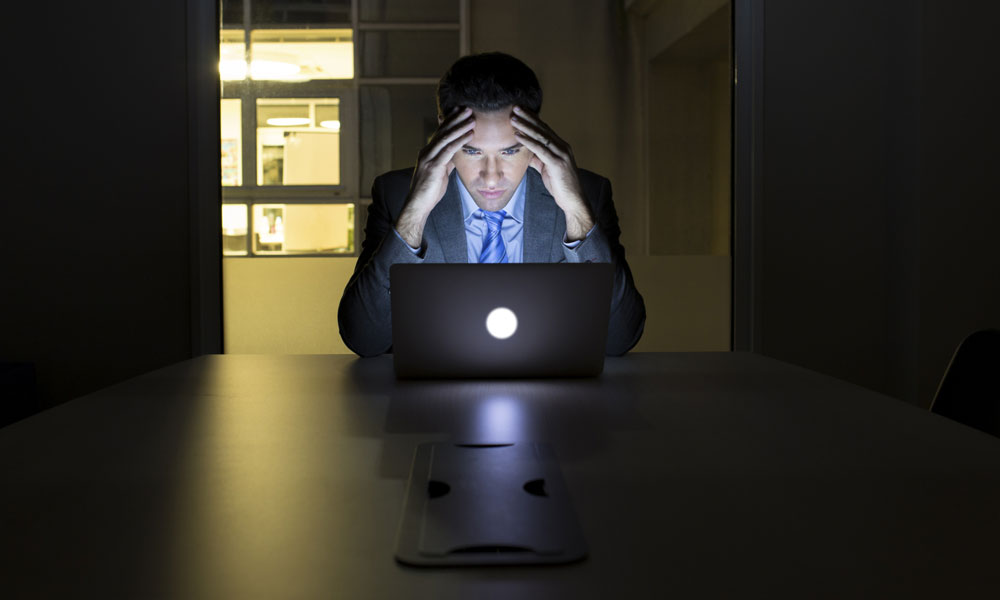
The Dangers of Shifting Your Work Schedule
From general fatigue to serious health risks, working odd hours can cause problems far worse than limiting your social life. Read on for a breakdown of the dangers that can arise when your job runs counter to your natural sleep cycle.
If you’re an executive, there’s a good chance you’re logging hours beyond the regular 9-to-5 grind. You’ve also probably put in a few late nights along the way.
But if your late nights number more than a few, you may want to consider the risks. There might be some side effects for you, your employees, and possibly (in fields such as trucking) your industry as a result of shifting the work schedule beyond the norm—especially if that means doing third-shift work. Among the dangers:
Effects on mood and sleep cycles: Naturally, working late hours often means getting less sleep. As The Huffington Post notes in one example, a 2012 study by University of Iowa researchers found that police officers who commonly worked evenings and nights were far more likely to get less than six hours of sleep than fellow officers who worked the day shift. Some 83 percent of those who didn’t work the day shift said that they at times had to get up early to go back to work after a late shift. This sort of change in sleep cycle can have wide-ranging effects, according to the National Sleep Foundation, such as lower job performance, difficulties in personal relationships, and an increase in irritability or depression.
Long-term health risks: This week, researchers at China’s Tongji Medical College at the Huazhong University of Science and Technology revealed in an new analysis that they had observed a link between working night or irregular shifts and Type 2 diabetes. This squares with findings of a 2012 study by researchers at Boston’s Brigham and Women’s Hospital: Sleeping out of sync with your body’s biological clock can lead to higher risk of both diabetes and obesity. Another a 2012 study funded by the Canadian Institutes for Health Research, published in the British Medical Journal, found that it also can lead to higher heart attack risk.
Drugs more harmful than helpful? Don’t think sipping on a Red Bull and later downing some sleeping pills will keep things in check. People who have to work the long haul may find themselves over-relying on over-the-counter medications to either stay awake or get to sleep, according to a systematic review by Finnish researchers published online by the Cochrane Library. “For lots of people who do shift work, it would be really useful if they could take a pill that would help them go to sleep or stay awake at the right time,” researcher Juha Liira of the Finnish Institute of Occupational Health noted in a news release. “But from what we have seen in our review, there isn’t good evidence that these drugs can be considered for more than temporary use and some may have quite serious side effects.”
Have you found a good way to balance your work needs with your sleep cycle? Let us know what’s worked for you in the comments.
(iStock/Thinkstock)






Comments